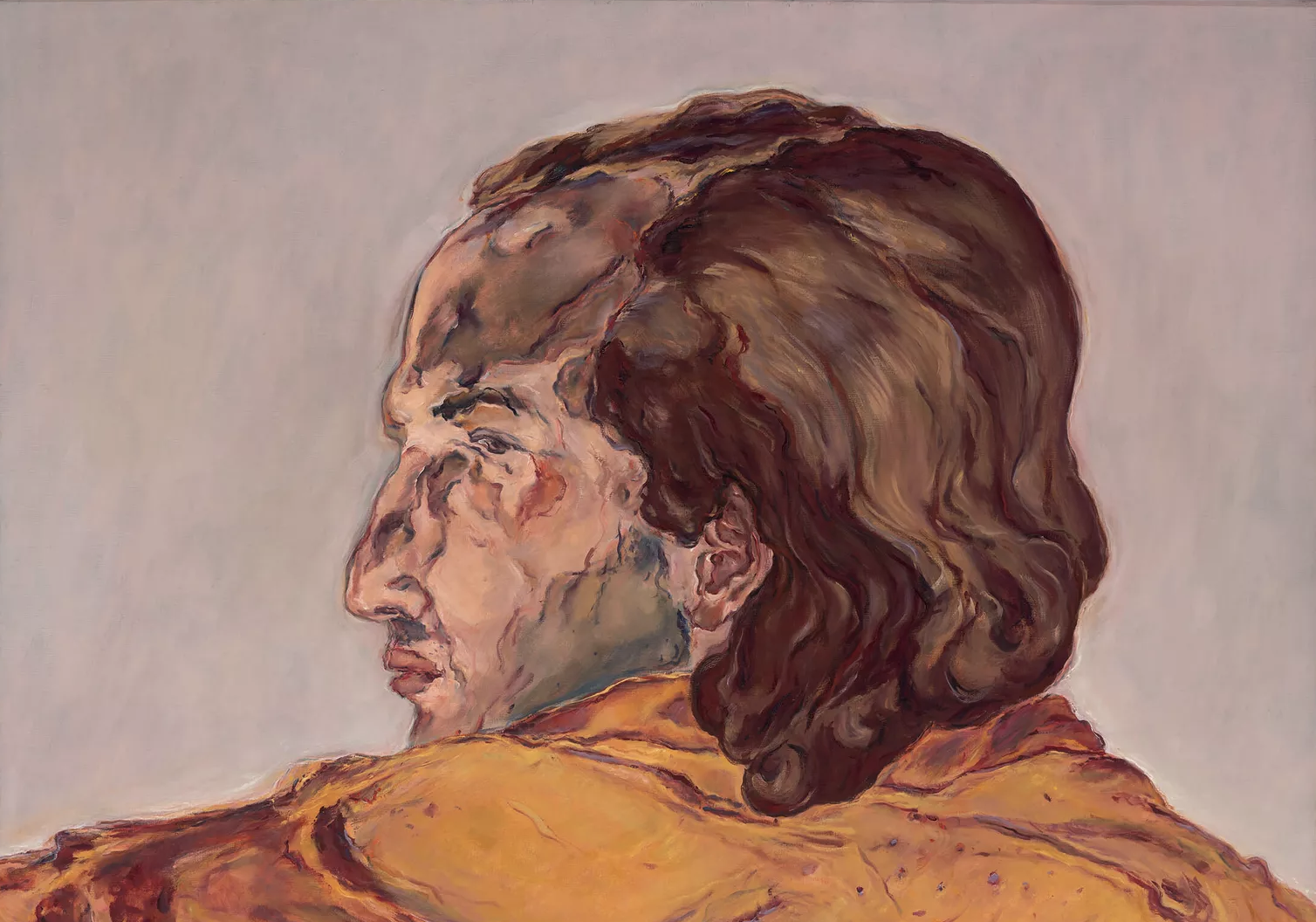When Lincoln suspended habeas corpus and the liberty of speech and press during the Civil War, he argued that it was necessary to preserve the union. His administration shut down newspapers, arrested editors, even sent electors to prison right before key votes. The courts thought he went too far after the fact.
When Biden "asked" social media companies to censor anti-vaccine information during the COVID-19 pandemic, he made a similar plea, arguing it was essential to protect public health and national security. If X, Meta, Youtube, etc. defied an order, the administration and executive agencies relied on coercion by threatening to pursue them for unrelated causes, like financial crimes. This seems almost totalitarian, almost insane that it isn't broadly ridiculed by most people on the left. But what if it was necessary to prevent the deaths of thousands of Americans?
It is generally agreed that extreme actions may be necessary during War—a time where national security is at risk. The Constitution doesn't give the president extra power during times of emergency but statute and precedence supports it as long as the president is transparent about the emergency to Congress. (Unlike Lincoln, who didn't give a fuck) Anything should be possible if the life of the country or citizenry is at stake, right? Lincoln even argued that breaking a foundational law is okay if it was necessary to save the rest—no laws would exist if a country didn't exist. And he autocratically defined what was necessary.
Trump declared a national emergency as the pandemic was accelerating. Biden used those "emergency powers" under statute to direct federal resources and waive healthcare regulations. The censorship came extrastatutorally via "government recommendations", a legal grey-area which coupled with coercion, would qualify under a special designation: "sus".
To justify his social media censorship, he has to make the argument that it was actually necessary to protect public health and national security. The Civil War resulted in 698,000 deaths, "America's bloodiest conflict", while the pandemic killed 1.2 million Americans: easily passing the national emergency bar. 319,000 unvaccinated Americans died in the pandemic (3x WWI!)—many (arguably) the result of vaccine misinformation and stigma. Foreign misinformation was so strong the WHO declared an "infodemic". His argument obviously has some merit, but the courts have pushed back a posteriori, restricting the Biden administration from communicating with social media companies regarding content moderation. (Three months after Biden ended the pandemic national emergency)
National emergencies during peacetime require more executive finesse since the emotional nature of war gives justification for wild things. One 9/11 death would cause mass outrage—even pretextual invasions—but one COVID-19 death is commonplace. One is much more easily preventable.
As the death toll demonstrates, peacetime emergencies—like public health crises—cannot be ignored and require rapid energetic bureaucratic-shredding action from the executive. Social media content moderation is the equivalent of telling newspaper editors what to exclude—and is a significant limitation of the liberty of the press and speech. But is a temporary suppression of liberties okay to save a large number of Americans okay? The calculus of maximizing people's freedom to live at the expense of the freedom of speech and press seems like a no-brainer.
Even if social media content moderation is shown to quell death counts (an arguable point of causation), one major concern remains. Would pandemic-era coercion-driven (arguable) censorship—enshrined in executive precedent—translate into censorship long after the pandemic is over? Is that tradeoff worth it or is it just a logical mistake? I'm left with more questions than answers.
